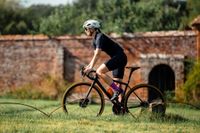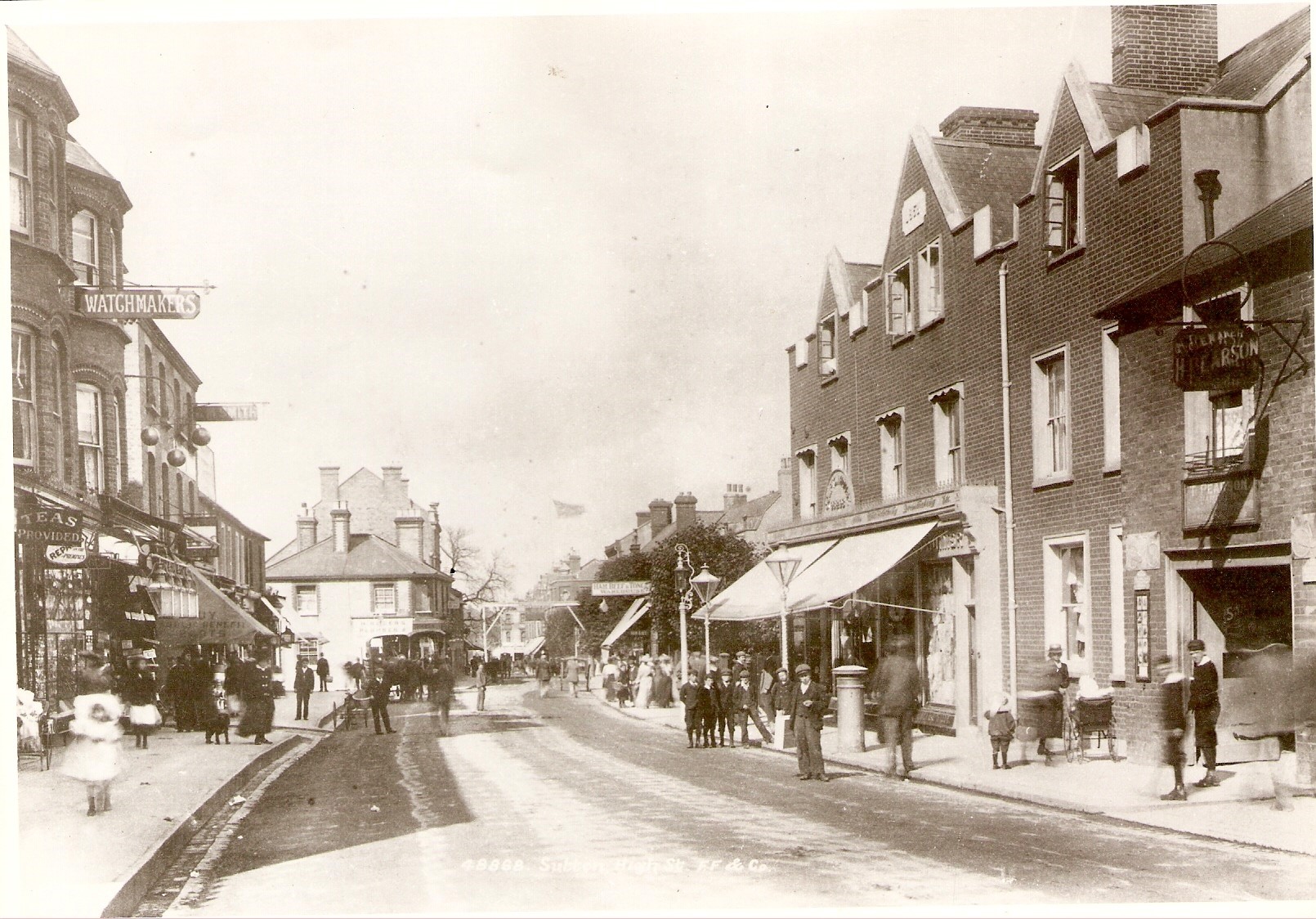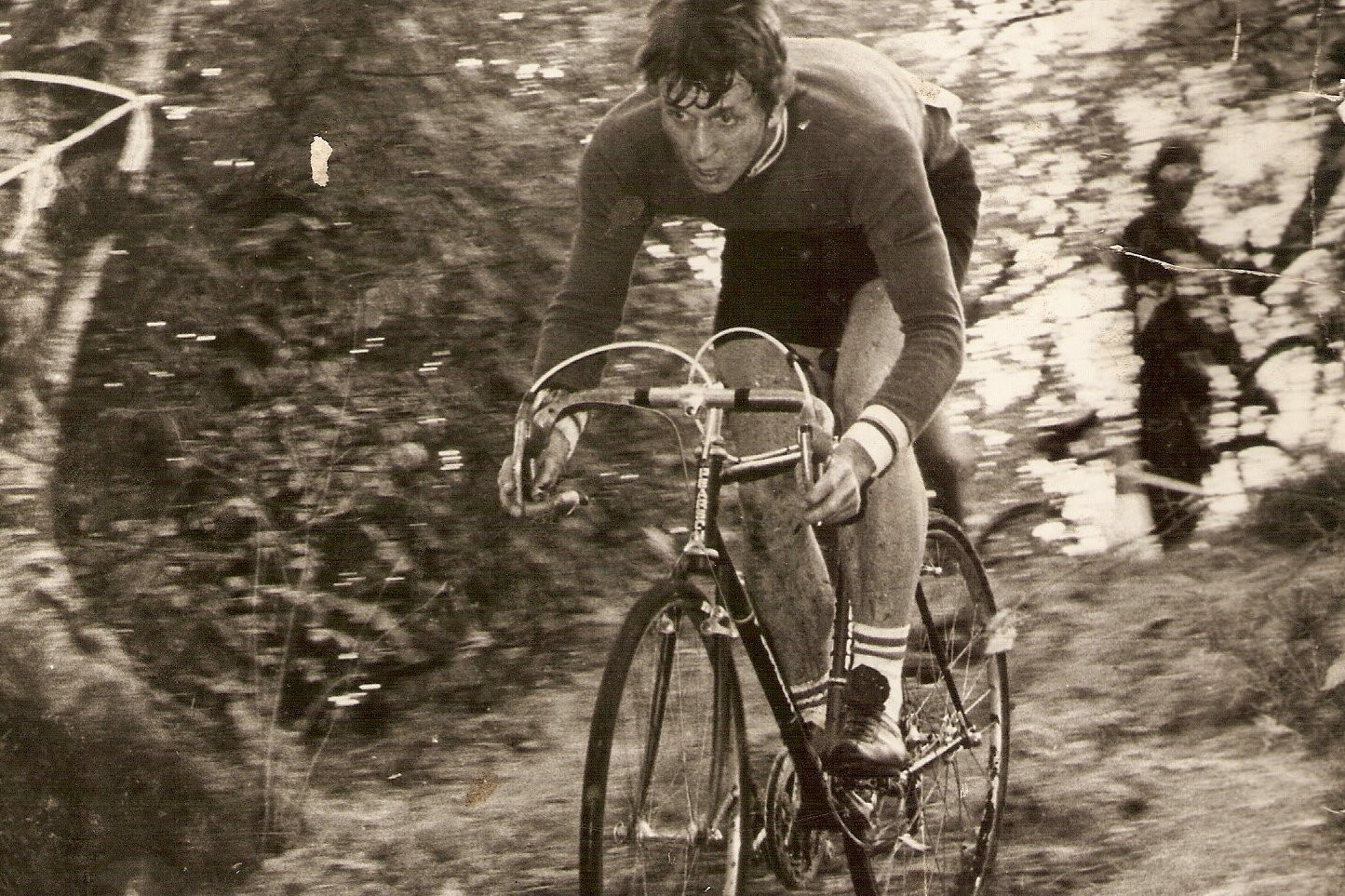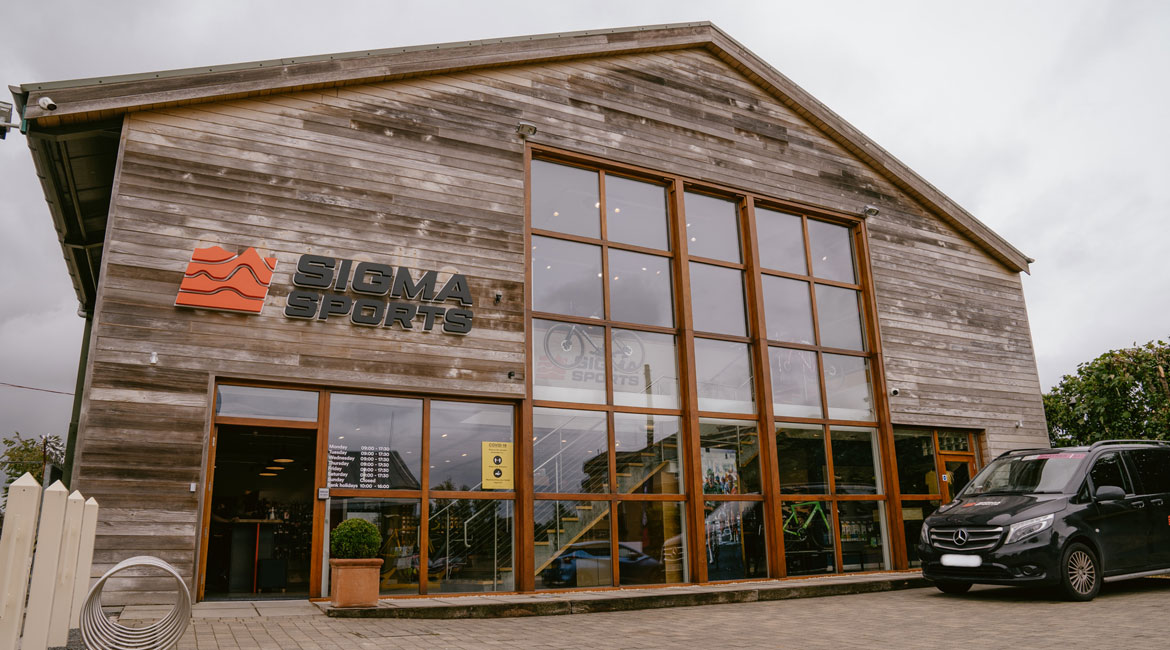How the oldest bike shop in the world launched its online business during a pandemic
Adaptability is the key to success, says co-director Will Pearson


A lot has happened since 1860, the year that Pearson – the world's oldest bike shop – opened its doors in London. To most of us the global Covid-19 pandemic feels like an ever-present and defining narrative to life in 2020, but in its time this family-run business has seen two World Wars, so it can be forgiven for approaching the whole situation with a little more than a ‘make do and mend’ attitude.
Like a lot of bike shops (and indeed manufacturers) the East Sheen business has seen growth as a result of cycling’s increasing popularity - fuelled by multiple lockdowns, a desire to escape the germ boxes of public transport and travel more sustainably. With the UK's cycling population up as much as 200 percent it was depleted stock across the industry which promoted a switch in attention to own-brand bikes and clothing, revealing a blossoming online business set to take aim at the direct-only models often touted as the nemesis of the LBS.

“We've shifted completely to [selling] own-brand bikes,” says one part of the managing duo, Will Pearson. “Lockdown was a real turning point. It's what we've always been trying to do and wanted to do, and suddenly we kept our supply going whereas all the other brands had pretty much sold out.”
“We just carried on selling, and we have done ever since.”
Pearson offers its own range of frames, and its guardian is candid about the fact that the metal options are designed in-house whilst carbon bikes come from open molds in the Far East, "we think that the way you apply components and fit is paramount to being successful," Pearson says. All of the frames are designed, or selected, based upon thousands of real customer profiles collected in the fitting rooms upstairs.
Rider set-up has always been central to the process, which was a difficult proposition with customers staying at home, but adaptability has been the name of the game there.
“We created a process where you could have a virtual fit via a checklist of questions. We suddenly found ourselves in a position where we were selling £5,000 bikes online. It’s been a real change… so we're investing in online resources to get that process automated to a point where we have more of a human touch and can check, double-check, then build each bike to the perfect fit.
The latest race content, interviews, features, reviews and expert buying guides, direct to your inbox!
“The object is to get to a point where people receive a bike and it's good to go, with the saddle height set as it should be, pedals added if they need them - all they have to do is take it out the box fully assembled and turn the bars.”
The retailer is also working on exclusivity to its next carbon frame, but Pearson identifies its creations as typically “traditional.”
“Interesting developments that you see on some frames are fine.. but they’re probably mostly noise,” Pearson puts across, “I think it's the components and position that makes the most difference at the end of the day. As long as you can make a frame that fits the purpose, is quality, safe... and make it fit the rider... happy days.”
It’s the adaptability displayed in this move to online sales that Pearson credits with a lot of the business’ 160-year survival rate. Indeed, despite a growing turnover and a select group of customers investing via the government’s EIS pilot, it’s just closed its Sutton store.
“The size of the business means we can adapt very quickly. We can see trends coming, and can jump off certain trends quickly as well if they're not working.”
“We relinquished our original Sutton shop... mainly because it was increasingly misaligned to what we were trying to achieve through bike fit, events, and equality in terms of men’s and women’s customer base.”
So who was knocking at the virtual door, asking to hand over £5,000 in return for a new bicycle? – I ask Pearson over a slice of Black Forest Gateau as we chat shop upstairs after a spirited ride around Richmond Park’s gravel trails.
“All kinds,” he says, “new cyclists, then those '2012ers' who have perhaps come off the boil, then discovered gravel, to urban riders using their bikes more for utilitarian uses. Different groups firing off all at the same time for different reasons.”
Empty roads during the first lockdown were an obvious draw for new riders, though these already feel like a thing of the past. So far, Pearson has been disappointed by the follow up to Boris Johnson’s promised ‘Golden Era of Cycling’. “We need infrastructure like segregated lanes to give people the enthusiasm and confidence to get into cycling”, he says “knowing that they're not going to get mowed down by somebody in their 4x4.”

Whilst the coronavirus period has seen all sorts of riders stepping through the door, the biggest area for growth across the whole industry has been gravel. Indeed, I met Pearson for a Covid-safe two-up ride, in place of the ‘Inside Out’ gravel event which had been planned to raise money for mental health charities.
Living out in the sticks, I’m still fairly confident that many new gravel riders will be investing in mountain bikes in the not-too-distant future, but Pearson – who comes from a family of cyclocross racers – isn’t so sure. Regardless, we’re both in agreement that getting off the beaten track is a saviour for the occasional dark days of Covid Britain.
“I tend to find as soon as I go off-road, I just relax, it's great,” he says. Touching on the mental health benefits the ride was intended to raise awareness of, he adds: “It's amazing how people open up [when on the bike], it's similar to walking - people feel more comfortable talking when side by side, not making eye contact; then off-road the whole combination of being in a quiet environment helps people to relax.”
Controversially, perhaps, he adds: “For me, I'm not as keen as I used to be on riding road, I've always loved being off the beaten track.”
Regardless what the next trend in cycling turns out to be – gravel griding, woodchip wondering or sandpit sauntering - Pearson intends to jump on it, and the online market is looking like a very good springboard.
“Whatever happens, I see us as still fiercely independent, with a solid range of bikes, clothing, accessories and events that are genuinely there for the benefit of all to enjoy. Everyone who rides a bike - be they the elderly customer rolling through the door with a basket on the front or a lycra-clad roadie - does it for enjoyment. We're about fueling that, not rampant capitalism," Pearson says.
“I’m not sure we’ll ever get to the point where we can lie back on a yacht and think ‘this is it’ – we’d probably just head out for an extra bike ride.”
How are other retailers faring?

Of course, whilst it may be the oldest in the world, Pearson is one of very many bike shops, retailers and manufacturers seeing growth amid the pandemic.
London based Sigma Sports, for example, has opened a new store and unveiled a rejuvenated e-commerce site. It even launched a podcast. The retailer says that website sales are up a reported 107 percent year-on-year, bike sales are up 119 percent and turbo trainers have been up a massive 520 percent. Like Pearson, Sigma has also seen an evening out of the gender divide, with its women's audience up as much as 54 percent, with women's bike sales up 147 percent.
"Like many, we've had to adapt to the current situation across the business with flexibility. Customer demand for bikes, indoor training equipment and soft goods is on an all-time high and we see a lot of new people coming into the sport. In our Hampton Wick and Oakham stores, we are enabling customers to make individual appointments with our staff and from a web perspective, we are offering online video consultations and live chat to help customers choose the right bike remotely. We are actively working with our supply chain partners to make sure we maintain good stock levels as best as possible. From an own brand perspective, there has been a knock-on effect of lockdown for some of our lines on lead times, but we have a great working relationship with our factories and are confident we are able to work to more 'normal' timelines again in the new year," Sigma Sports Head of Marketing Jeff Mainwood
WiggleCRC: new customers as people take up sports
The pattern has been similar elsewhere, with Wiggle reporting a 60 percent increase in cycling specific sales, vs the previous year - with many shoppers being new cyclists - a positive marker for the future.
"We’re really pleased that so many of our new customers have returned for additional purchases since lockdown restrictions started to lift in the summer, indicating a sustained interest in their new sport and not just fulfilling a need during lockdown. Our aim is always to support and inspire our customers in their chosen sport, and our blogs and guides along with the newly launched Wiggle Pro Show provide tips, advice and guidance to those getting into a new sport for the first time," Group Commercial and Marketing Director at WiggleCRC Huw Crws-Williams
Michelle Arthurs-Brennan the Editor of Cycling Weekly website. An NCTJ qualified traditional journalist by trade, Michelle began her career working for local newspapers. She's worked within the cycling industry since 2012, and joined the Cycling Weekly team in 2017, having previously been Editor at Total Women's Cycling. Prior to welcoming her first daughter in 2022, Michelle raced on the road, track, and in time trials, and still rides as much as she can - albeit a fair proportion indoors, for now.
Michelle is on maternity leave from April 2025 until spring 2026.
